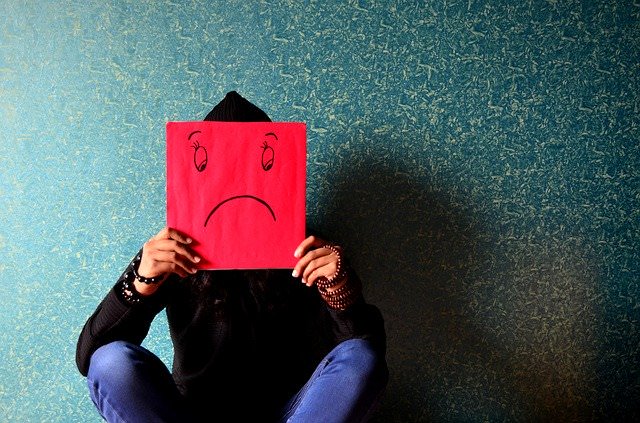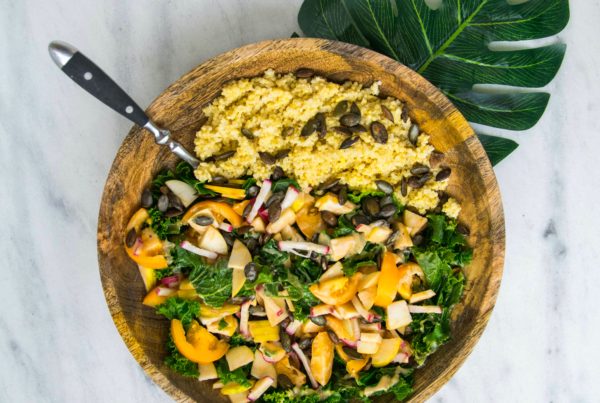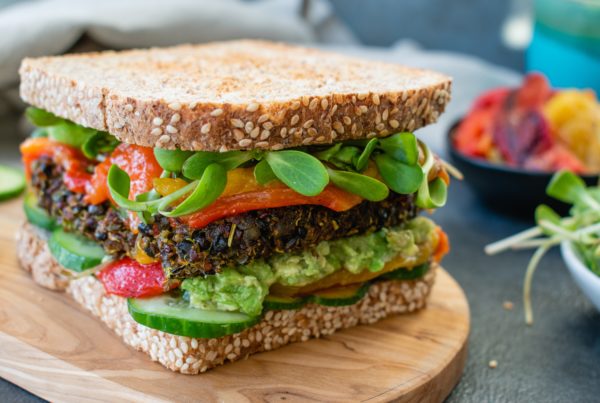Emotional Eating as a coping strategy during COVID-19
Ever since the pandemic started have you found yourself changing your diet habits as a way to cope with stress? You’re not alone! This is what we call emotional eating when people overeat or reduce their food intake in an attempt to make themselves feel better in times of stress. Some people eat as a distraction, while some people reduce their caloric intake due to a fear of access and availability of food in stores during this pandemic. Emotional eating is not necessarily bad on its own, as we should always enjoy our food and not feel guilty about what we eat. However, if changing your diet habits is your only way to cope with stress, it isn’t the healthiest thing to do for ourselves mentally or physically. Despite this, don’t feel discouraged– it’s never too late to learn how to cope with stress and to emotionally eat in a healthier way. Listed below are some tips to be more mindful with how we eat and how we cope with stress.
- Identify why we are stressed. By figuring out what our triggers are, we can discover what makes us feel stressed and what causes us to turn to emotional eating. We can ask ourselves questions such as “Why do I feel this way?” and “When am I more likely to emotionally eat?”
- After identifying why we’re stressed, take a step back from things that will trigger us. During this time, almost every social media outlet will have news about the current pandemic situation. This can be understandably stressful, and sometimes the best thing to do is to avoid our triggers as much as possible. This could mean turning off the news, taking a social media cleanse, or talking to a friend to distract ourselves
- Since chronic amounts of stress can cause us to change our diet habits, remember to be intentional with what you eat. Choose what you will eat and decide whether it will actually make you feel better or not. When we make decisions to eat something intentionally, there’s a better chance that we will enjoy it and not feel guilty after. However, when we eat impulsively and without thinking, it is more likely that we will feel worse after.
- Not only should we eat intentionally, we must also remember to savour our food. We can often overeat by eating quickly, causing us to miss our body’s hunger cues telling us that we are no longer hungry. When we slow down our eating we can appreciate the different flavours, textures and taste of our food. This allows us to listen to our hunger cues and know when to stop eating.
- In response to stress, not everyone overeats. Some people will reduce their caloric intake. This can have serious impacts on other aspects of our health. Especially in the time of a pandemic, it is essential that we are fueling our body with enough vitamins and minerals to help maintain and build our immune system. By sacrificing our caloric intake or replacing nutritious foods with less nutrient-dense food, it can be much harder to obtain these nutrients, hurting us in the long run.
- One part of caloric restriction can be falsely villainizing certain foods as being “bad”. Just remember — there are no such things as bad foods. Making certain foods seem “bad” can lead to caloric restrictions, guilt and disordered views on food. Everyone should enjoy their foods and eat what makes them feel good.
- Although eating can make us feel great, it unfortunately will not solve all of our problems. After discovering our stress triggers, eating intentionally, and having a positive view of all foods, we can also discover other alternatives for coping with stress. This may include things such as: obtaining professional help, meditating, calling up a friend, taking a bath, taking a walk outside, or doing some exercise to name a few.
If in doubt or if you need personalized guidance in supporting your relationship with food, send Annie, the dietitian, a message through ‘contact’ on the web page and see if she might be a good fit for you.



